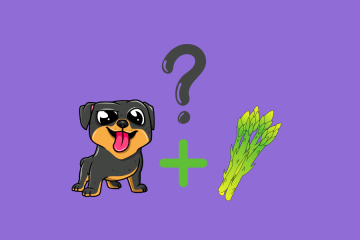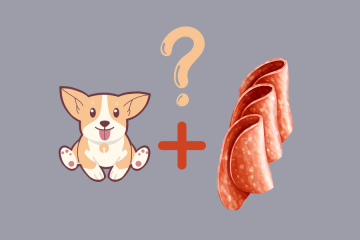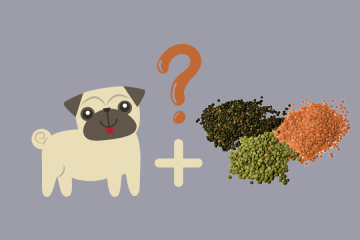Key Takeaways
- Dogs can eat tuna in small amounts – it is not inherently dangerous to canines, but the high mercury content and additives make it an unhealthy snack option ✔️
- Tuna contains essential vitamins and omega-3 fatty acids, which can be beneficial to your dog’s health ✔️
- Tuna should only be given to your dog in small portions ✔️
The Health Benefits of Tuna
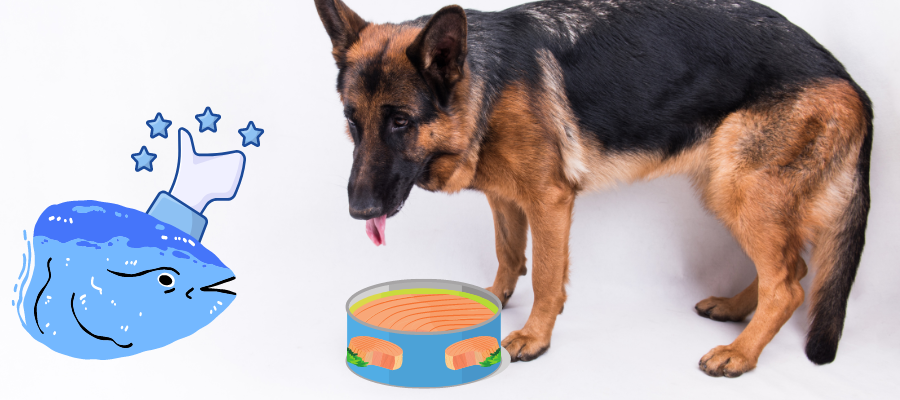
So, can dogs eat tuna or fish? Consuming fish can absolutely be good for your dog’s health. Tuna is packed with vitamins and minerals. It contains omega-3 fatty acids, which help maintain a healthy heart and better eyesight. It also makes your dog’s coat shinier.
Packed with immune-boosting vitamins and minerals, plus ultra low levels of fat and saturated fats – eating fish can help keep our four legged friends healthy. But not all seafood is good for dogs. Keep reading to see why.
The Risks of Feeding Tuna to Your Dog
Tuna may look like a healthy snack for our furry friends, but underneath its tasty exterior lies hidden danger. The main concern of many dog owners is mercury poisoning. So, can dogs eat tuna? While some types can provide beneficial nutrients for your canine companion, others may contain dangerous toxins. To ensure safety and optimal health for man’s best friend, always consult with a veterinarian before introducing new seafood into their diet.
We humans are also vulnerable to mercury poisoning. Although, in our case, it’s most likely from inorganic sources. You can read more about it, here!
Is Canned Tuna Bad for Your Dog?
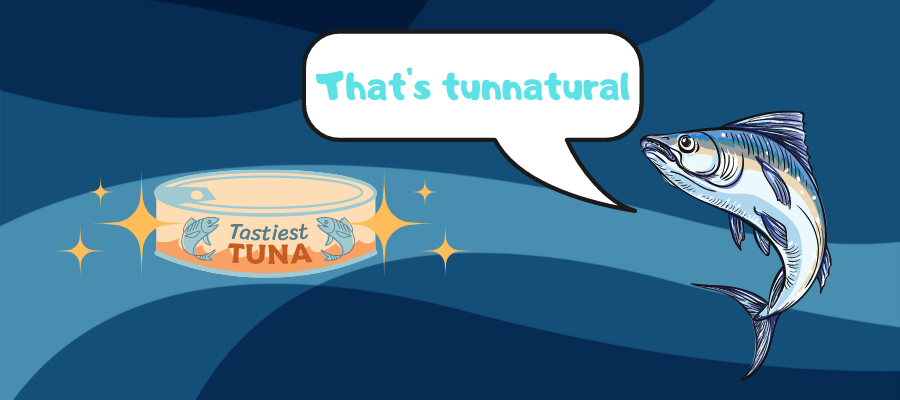
The mercury content in tuna can differ between varieties. For example, skipjack tuna contains less of it than albacore or bigeye tuna. But there’s another problem with canned tuna fish – added sodium, which can be harmful for your dog’s health. Small amounts of tuna packed in water shouldn’t harm them, but it’s always better to opt for safer types of fish.
Some Types of Tuna Are Bad for Dogs
Can dogs eat tuna? While tuna can be a delicious treat for your pup, it is important to be aware that certain types of tuna may not be the best choice for your four-legged pal. Canned tuna in oil or brine is not recommended as an occasional snack because of the high levels of sodium.
Additionally, raw tuna – even if intended for human consumption – can contain harmful bacteria which can make your furry friend sick. The safest way to give your dog a tuna treat is by choosing canned light tuna in water, though this should still only be given sparingly due to its high mercury content.
Can Dogs Eat Fish in General?

Fish is good for your dog. If you prepare it properly, it is very nutritious and won’t harm your pet. When you’re cooking fish, make sure you avoid adding oils, seasonings, and spices. Catfish and salmon are naturally oily. Some brands offer canned food with fish. Adding fish to your dog’s diet is recommended to ensure your dog’s good health.
You can read more about the „Can dogs eat fish?” topic, here!
Is Raw Tuna Safe for Dogs?
Raw tuna can be safe for dogs in small amounts, and it’s a good source of protein and omega-3 fatty acids. However, it should be sourced carefully due to the risk of bacterial infections and parasites. To ensure your dog’s safety, consult with your veterinarian before incorporating raw tuna into their diet.
Editor’s Note
I promise, I don’t have anything against raw fish in general. But it’s important to get it from a reliable source. Suspicious fish can be just as dangerous for you. Sushi-grade is the way to go.
How Much Tuna Can You Give Your Dog?
When it comes to tuna, moderation is key. Make sure to only feed your dog a small portion once or twice a week. Don’t give any that contains added salt; always read the label carefully and avoid any additives and preservatives. Some canned tuna can contain other ingredients that may be harmful to your dog’s health.
Can Dogs Eat Tuna? Pros and Cons

| Pros | Cons |
| Tuna is rich in protein and healthy fats. | Given to dogs in sufficient quantities, the high mercury concentration in tuna can be toxic over time. |
| It also contains essential vitamins. | Additives like sodium and preservatives – often found in canned tuna – can be detrimental to your dog. |
| Omega-3 fatty acids, which are found in tuna, can enhance vision, heart health, and coat health in dogs. | Because tuna is heavy in calories, it should never be used in place of premium dog food and should only be given to your dog in modest amounts. |
Lucas Taylor is a veterinary assistant, freelance journalist and single dad who lives in the suburbs with his three pups: Ruby, Nala, and Woody. He has one cat named Pepper. When he’s not writing articles or working at the vet clinic, Lucas loves cooking French cuisine for himself and friends at home. One of Lucas’ favorite things to do is paddleboard with his son Noah and their canine companions. Pepper is the homebody of the bunch – she loves chilling on the couch.




